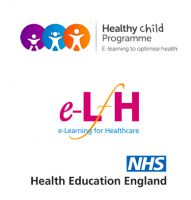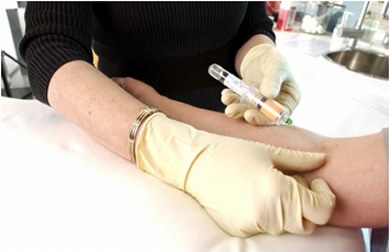Adherence and Concordance in Young People for GP/Family Medicine professionals



This session examines factors that influence the way young people take medicines in adolescence. It will also explore some of the challenges encountered by health professionals who care for young people who may have health beliefs conflicting with those of their parents or professionals.
Learning Objectives
By the end of this session you will be able to:
- List the factors that influence young people, their parents or carers in their approach to following prescribed management and treatment plans
- Discuss issues related to the prescribing and usage of medicines in young people
- Consider strategies for engaging young people and their parents to promote concordance and adherence
Adherence to medical regimens for young people with long-term conditions is often poor, with some estimates suggesting it may be below 50% in many cases.
Before commencing this session you should complete the following AH sessions:
- 02_004 Psychosocial Development (401-0007)
- 02_005 Social Development in Adolescents (401-0008)
- 02_006 Assessing Developmental Stage (401-0009)
Prior to her recent retirement Marcelle de Sousa was an Adolescent Nurse Specialist in the Adolescent Unit at University College Hospitals in London. She has been involved in transitioning young people to adult services since 1986 when she was a paediatric renal nurse. She was the chair of the Adolescent Health Forum of the RCN and the regional member of the London Board of the RCN. Marcelle has been a member of the Children’s Health Alliance Adolescent subgroup and was one of the Department of Health Transition Champions.


Terry Segal is a consultant in general and adolescent paediatrics at University College Hospital, London. She is the adolescent lead as well as unit training director for paediatrics in UCLH. She is sub-speciality trained in paediatric and adolescent endocrinology, as well as some specific psychological training. Her interests include chronic fatigue and chronic pain syndromes, psychosomatic illness, medical management of anorexia and underweight and obesity. She has published research in the areas of obesity and pubertal delay amongst others.
- Assessment course for GPs
- Posted By eIntegrity Healthcare e-Learning
- Posted Date: 2025-01-09
- Location:Online
- This session describes the main tools used to assess trainee GPs and distinguishes between formative...
- Self Appraisal course for GPs
- Posted By eIntegrity Healthcare e-Learning
- Posted Date: 2025-01-09
- Location:Online
- This session describes an approach to self-appraisal, and provides practical tips and guidance about...
- Telephone Consultations course for GPs
- Posted By eIntegrity Healthcare e-Learning
- Posted Date: 2025-01-09
- Location:Online
- This session explores the issues that may arise when a consultation is conducted over the telephone,...
- Difficult Consultations course for GPs
- Posted By eIntegrity Healthcare e-Learning
- Posted Date: 2025-01-09
- Location:Online
- This interactive session explores some of the difficulties associated with patients whose behaviour ...
- Balint's Ideas course for GPs
- Posted By eIntegrity Healthcare e-Learning
- Posted Date: 2025-01-09
- Location:Online
- This session introduces Michael Balint, outlines his principal ideas and describes his innovative us...








